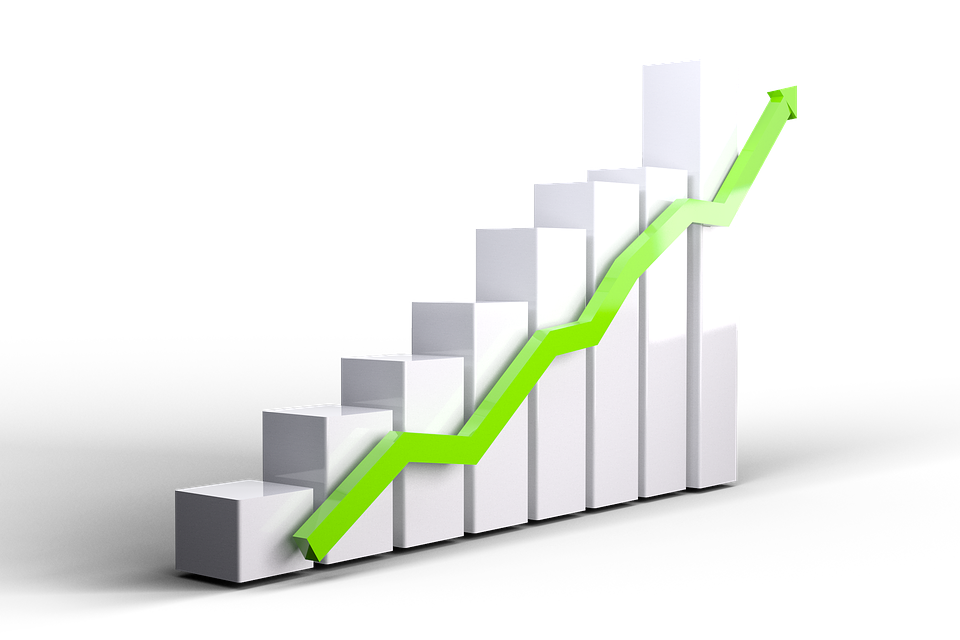Big Four accountancy firm, EY, has upgraded the country’s economic growth prospects, predicting the fastest rate of growth in 80 years as the UK emerges from the coronavirus pandemic.
The EY ITEM Club’s Summer Forecast predicts the UK economy to grow 7.6% this year, the fastest rate of economic growth since 1941, upgrading its forecast by 0.8 percentage points from Spring figures.
The UK economy is expected to now return to pre-pandemic level by the end of the year, three years earlier than appeared likely in forecasts made this time last year. Growth of 6.5% is now expected in 2022, an improvement from the 5% growth forecast in April. This will be followed by growth of 2.1% in 2023 and 1.6% in 2024.
The return to growth, according to EY, is being driven by consumer spending as the economy reopens, with confidence boosted by the UK’s rapid rollout of the Covid-19 vaccine. Delays to the government’s reopening of the economy were not judged to have impacted recovery, however.
To find out more about how we can assist you with your Second Charge Mortgage please click here
Compared to other economies, the UK is much more dependent on consumer spending on services, such as recreation and leisure activities, which meant that lockdowns had a greater economic impact here than elsewhere. Reopening these face-to-face parts of the economy means the UK should have a correspondingly faster recovery.
“Vaccines have played a key role in bringing forward the reopening of the economy and have been a key factor in the upgrades of the forecast throughout this year. We are also seeing some structural effects too: the UK’s way of measuring public sector spending means this will soon switch from being a drag on output to a positive, while the restrictions on international travel mean there should be much less of a tourism deficit than usual.
Martin Beck, the senior economic advisor to the EY ITEM Club
“While elements of the forecast remain uncertain, the UK has all the ingredients for a strong economic recovery from the pandemic. There is the possibility of a virtuous circle of positive expectations among businesses about rising consumer confidence and spending which, in turn, could boost firms’ confidence and output further. The fuel to sustain this circle – in the form of strong household and corporate balance sheets, and supportive fiscal and monetary policies – is there too.
“After almost 18 months of significant disruption, businesses have some space to plan ahead and invest in confidence. This could help businesses catch-up on the growth they’ve missed out on if they take the right steps to adjust to a return to a more familiar business environment.”
Stephen Church, EY’s North Markets Leader
The accountancy firm is also optimistic for employment figures, with unemployment predicted to peak at 5.1% in the second half of this year, according to EY’s analysis, and then beginning to fall in 2022. While above pre-pandemic levels, the rise in unemployment has been well below predictions made in 2020 at the height of the pandemic. The firm’s forecast attributes the furlough scheme and the way businesses have adapted to new trading conditions to the better than expected picture for jobs.
While EY’s forecast is optimistic for rapid growth as the consumer economy reopens in the UK, uncertainty remains over inflation and to what extent the British public will draw on savings built up during lockdown. Inflation is forecast to reach 3.5% by the end of 2021.
Martin Beck added:
While consumers have accumulated their largest stockpile of savings since the Second World War, the big question is whether they will actually start to spend these funds once restrictions on activity are lifted. The assumption is that they will, but this is not guaranteed. The picture for consumers is not entirely positive: savings are concentrated among higher-income households, while higher unemployment and inflation will weigh on real income growth. Household incomes are expected to rise 1% in real terms this year, which is well short of forecast GDP growth.
“The risks posed to the forecast by inflation can’t be overlooked either, particularly if prolonged higher-than-target inflation prompts the Bank of England to tighten monetary policy. However, while the departure of overseas workers from the UK during the pandemic might lead to some inflationary bottlenecks, there are factors, such as a stronger pound, which will help keep a lid on prices. Positively, the ingredients which were often a precursor to sustained higher inflation in the past do seem to be missing.”
Source: Marketing Stockport
Discover our Second Charge Mortgage Broker services.




